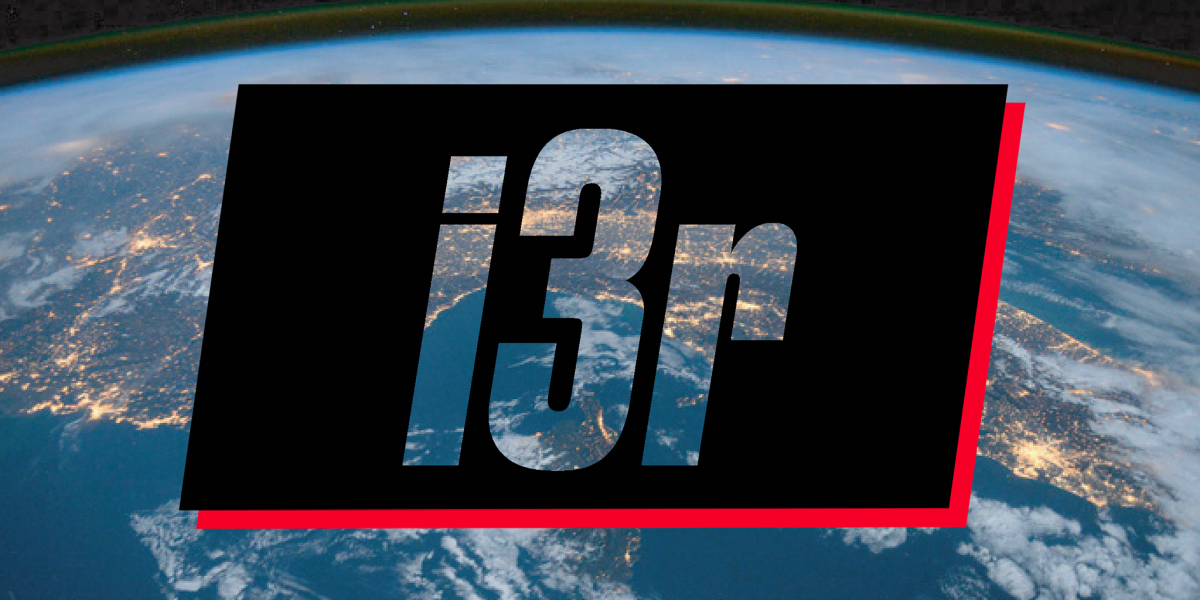The Immigration and International Information Research Alliance (i3r) flips traditional scholarship on its head, treating immigrants as active participants in research

When an Ethiopian immigrant opens a smartphone, the keyboard doesn’t always recognize their script. When a migrant tries to apply for protection online, the e-government portal has vanished. When a Latino teen in Prince George’s County searches for civic resources, their political realities are not understood.
These aren’t just gaps in access. They’re systemic failures revealing how information systems exclude marginalized communities—and at the University of Maryland College of Information, the Immigration and International Information Research Alliance (i3r) is changing that narrative.
i3r isn’t just studying immigrants. The research group, led by INFO Assistant Professor Ana Ndumu, is transforming libraries, digital tools, and archives into spaces where immigrant communities co-design research.
“We Don’t Study Immigrants—We Work Alongside Them”
Most research treats marginalized groups as subjects. i3r treats them as collaborators with expertise. Here’s how that plays out in practice:
Ethiopian Digital Justice: PhD candidate Kurubel Belay is working with Ethiopian immigrants to reimagine smartphone interfaces for the Ge’ez script’s 260 characters—a challenge often ignored by Big Tech.
Latino Youth as Civic Leaders: PhD candidates Nitzan Koren and Marilyn Iriarte partner with Vine Core to document how Latino teens in Maryland shape political movements—countering stereotypes of passivity.
Reparative Oral Histories: The Unified Ayiti Oral History Project which includes Ndumu, Adjunct Lecturer Eric Hung and PhD candidate Manuel Mendez among others, archives Haitian and Dominican immigrants’ stories, bridging divides between two communities that continue to confront complex colonial histories. I3r joined forces with the UMD Center for Global Migration Studies to launch this project.
“We approach this from a place of abundance,” Ndumu says. “Immigrants aren’t ‘lacking’—systems are failing them. At INFO, we’re fortunate to have dedicated doctoral students and faculty who amplify immigrants’ insistence on their humanity through information. ”
How Immigrants Are Navigating Surveillance States
In an era of rising deportations and data tracking, i3r’s research reveals a paradox: For immigrants, complying with systems risks insecurity. Their findings expose both oppression and ingenuity:
- Going Analog: Many scrub social media, fearing ICE uses public posts to target them.
- Encrypted Networks: WhatsApp and Signal groups replace public forums for sensitive info.
- Digital Self-Defense: Nonprofits now teach “info hygiene”—how to navigate essential services without leaving a trail.
“As so many information scientists point out, the more immigrants try to ‘legitimize’ themselves—getting driver’s licenses, bank accounts—the more they’re forced into surveilled systems,” Ndumu explains.
Fixing Libraries—Not Immigrants
Libraries, often framed as gateways to assimilation, are overdue for a reckoning. Ndumu’s Libraries & New Americans (LINA) Project reframes immigrants’ journeys:
- A Crash Course for Librarians: Nearly 150 info professionals have taken her training, which dismantles myths (e.g., “all immigrants need English classes and arrive without skills or education”).
- Policy Digests: Monthly plain-language breakdowns of immigration laws—a lifeline for overwhelmed librarians.
- Rapid-Response Toolkits: Guides for supporting undocumented students and staff amid shifting policies.
The LINA Project would not be possible with the hard work of PhD student Hayley Park, who is exploring legal information seeking among vulnerable status immigrants. “Libraries are society’s catch-all information exchange,” Ndumu says. “We’re not fixing immigrants. We’re fixing the systems meant to serve them.”
From oral histories to encrypted chats, Ndumu’s work proves: Immigrants have always been experts at navigating hostile systems. The question is whether institutions will finally listen.